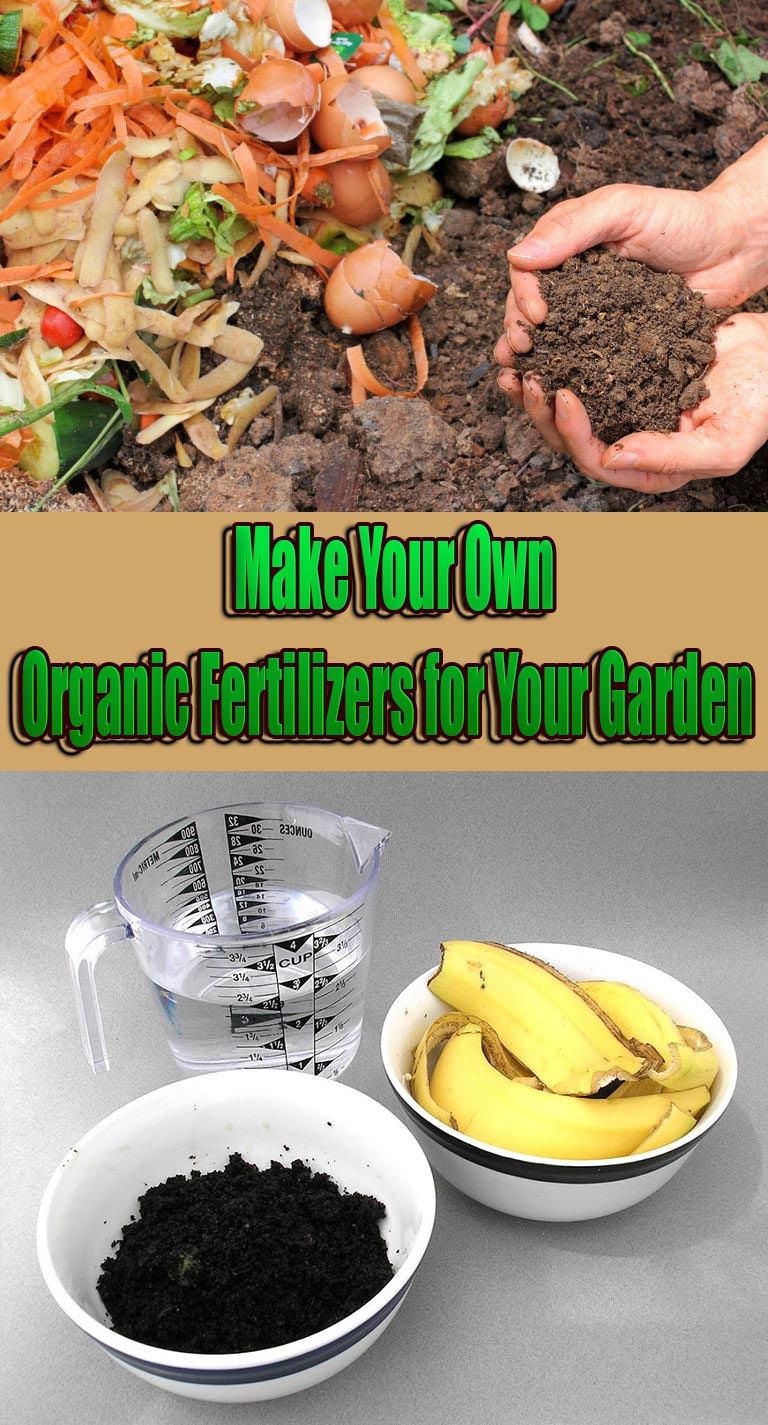
I don’t like the idea of adding chemicals to our environment, whenever it can be helped. And let’s be honest… If you are growing your own veggies, you are probably after some of the health benefits, right? Ok, and then there is the cost factor as well… why wouldn’t you make your own organic fertilizers for your garden, instead of buying expensive specialty products? It is easy, it is healthy for both your family and the earth at large, and it is cost effective.
Basically plants need three major nutrients to thrive, Nitrogen (N), Phosphorus (P) and Potassium (K). You might see these displayed on commercially made fertilizers in number form, for example, 10-5-5. Nitrogen is necessary for leaf and green growth, Phosphorus for flowers and fruit, and Potassium for gemeral health of the plant.
That having been said, plants need a lot of other nutrients as well, called Micronutrients. Some of these include Magnesium, Calcium and Sulfur. Plants are also affected by the acidity of a soil, and the biodiversity of bacteria that creates a healthy environment, all of which can be improved with organic fertilizers.
Now that you have the basics down of why we are doing this, let’s get down to some simple recipes for our choices for top organic garden fertilizers you can make!
Coffee Grounds Fertilizer
Coffee grounds is a natural fertilizer that not only adds nitrogen to poor soil, it also increases the acidity of soil. This will especially make your roses, hydrangeas, magnolias and rhodies happy! Work up to 25% coffee grounds into soil at the base of the plants. Coffee grounds will also improve the organic matter in the soil.
Banana Peel Fertilizer
High in potassium, phosphorus and calcium, banana peels are great for flowering and fruiting plants. Simply bury a peel under the ground at the base of the plant, and allow to decompose. You can also freeze overripe bananas that you would have otherwise thrown away, and then bury next to a needy plant when needed. If you prefer to make a spray, soak a peel in water for 2-3 days, then use the water to spray plants or seedlings.
Epsom Salt Fertilizer
Epsom salt is available at your local drug store, and adds important magnesium and sulfur to the soil. Especially good for tomatoes and roses, Epsom salt tea is great for starting seedlings and reducing transplant shock as well. Known for giving plants a deep green color, especially on magnesium low soils, this is a simple and quick recipe. It is pretty impossible to over do this fertilizer, as it breaks down in to a simple magnesium component.
Recipe
- 1 Tablespoon Epsom Salt
- 1 Gallon water
Use from a watering can for both indoor and outdoor plants. Can also be mixed into the soil around plants at a rate of 1 tablespoon for every 1-2 feet in height of plant. Water in well.
Egg Shell Fertilizer
Egg shells are very high in calcium, which is necessary for good cellular growth in all plants. If you have ever had blossom end rot on your tomatoes, then you probably have calcium deficient soil. You can crush up used egg shells and just bury them beneath the surface of the soil, or for a faster response, you can make a spray.
Recipe
- 20 egg shells
- 1 Gallon Water
Boil the egg shells in the water for a few minutes, then let them sit in the water overnight. Strain and use as a spray or water from a can directly into the soil.
Grass Clippings Tea
Here is a great way to get a high nitrogen fertilizer, and use up those annoying grass clippings at the same time!
Recipe
- 1 Five gallon bucket filled with fresh grass clippings.
- Cover with water
Allow to sit for 3-5 days. Dilute the strained fertilizer tea by using one cup tea mixed with 10 cups fresh water. Pour onto soil.
Compost Tea
Made in exactly the same way as grass clippings tea, but with organic compost. This gives a much richer tea with a variety of nutrients, perfect for any plant.
So spend a little time setting aside some egg shells and coffee grounds, or drop by the drugstore for some Epsom salts. You will be saving yourself some cash, and creating a healthier environment for your plants, and the planet!


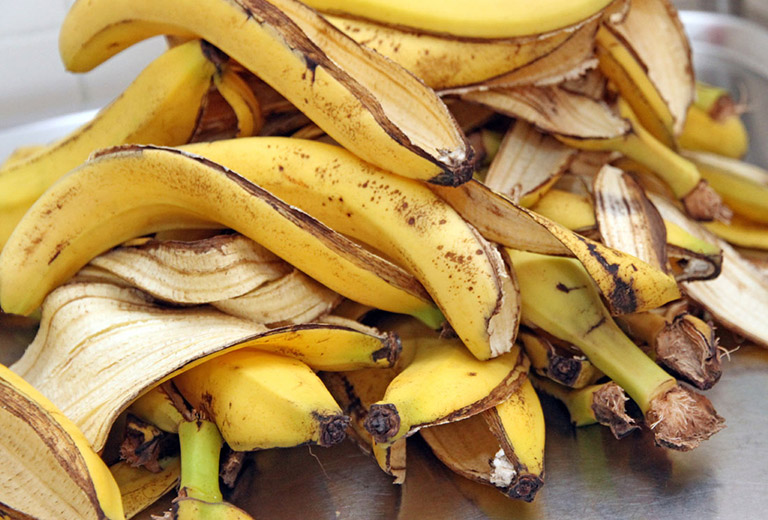

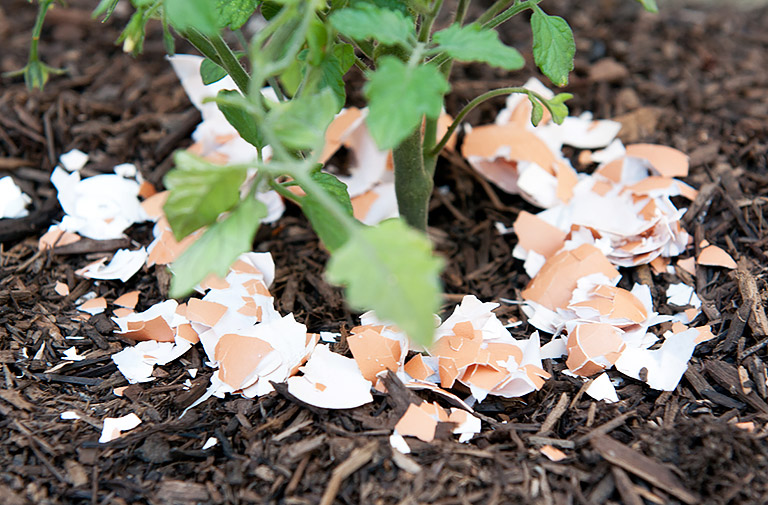
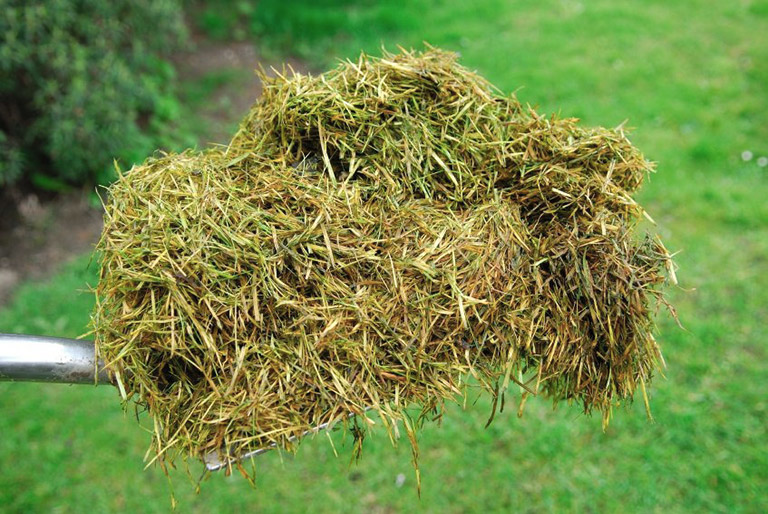
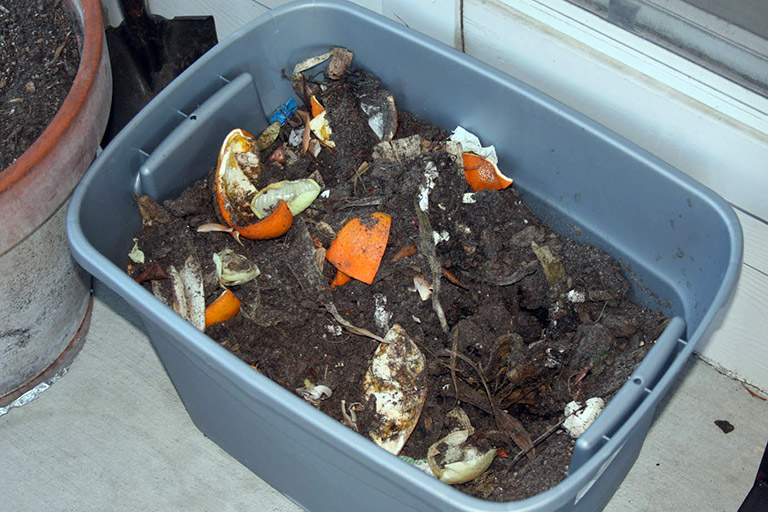
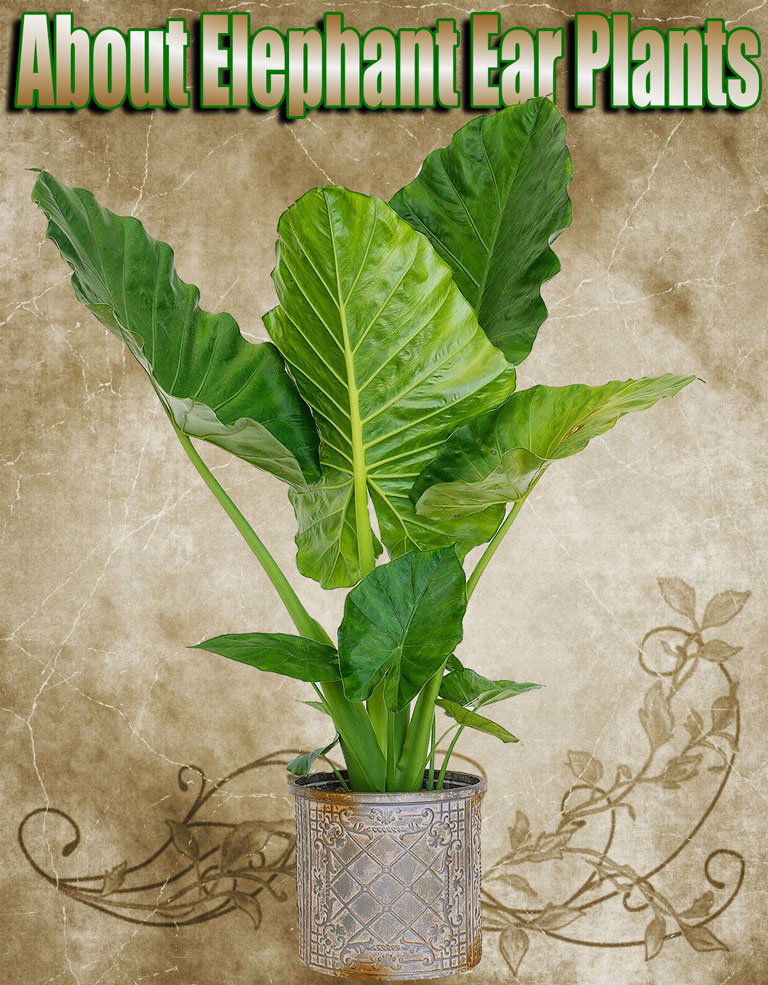
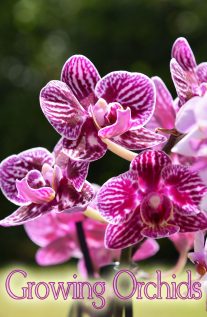
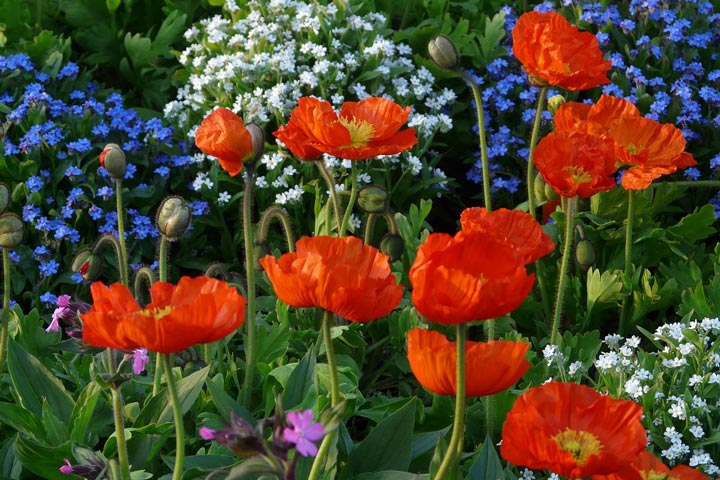
Have you considered raising earthworms? The castings are rich in Nitrogen and microscopic organisms. The nitrogen is in an organic form the plants are able to use immediately. It’s organic and will not burn the plants. You wrote a good article, very interesting. thanks